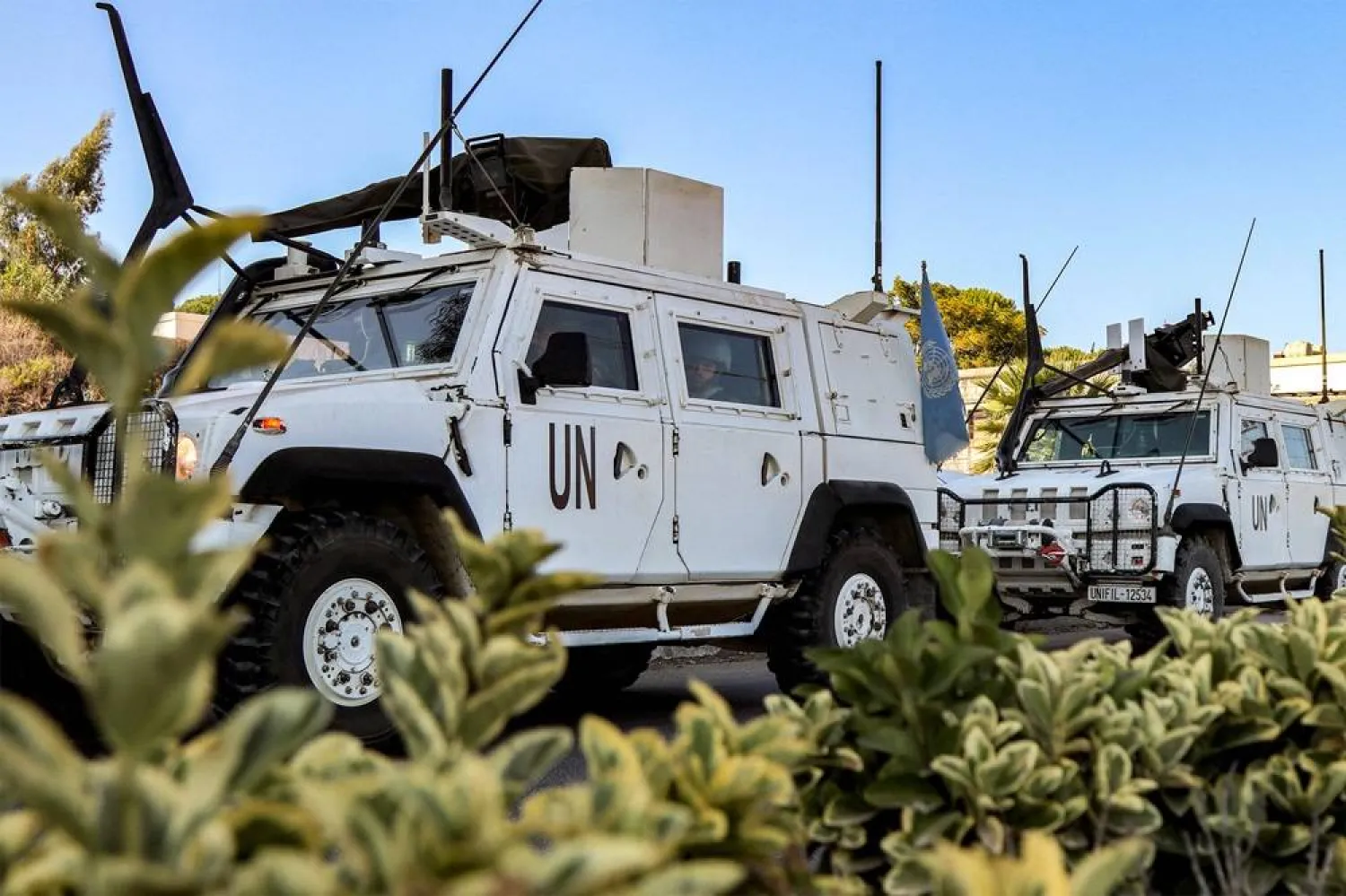European Union countries that contribute to UN peacekeeping force UNIFIL in Lebanon have no intention of pulling back from the south of the country despite Israeli calls to do so, Austrian Foreign Minister Alexander Schallenberg said.
Since an Israeli ground operation against Hezbollah militants began on Oct. 1, United Nations Interim Force in Lebanon (UNIFIL) positions have come under fire and two Israeli tanks burst through the gates of one of its bases, the UN says. Five peacekeepers have been injured.
Sixteen EU countries, including Austria, contribute to UNIFIL and the recent incidents have sparked widespread alarm among European governments.
On Sunday, Israeli Prime Minister Benjamin Netanyahu called on the UN to withdraw UNIFIL "from Hezbollah strongholds and from the combat zones".
But Schallenberg, summarizing a discussion among EU foreign ministers on Monday, said European nations were not minded to pull troops back or out.
"There was no debate about pulling back or whatever," he told Reuters in an interview in Brussels.
"They are there to stay but the security and the safety of our troops is paramount and has to be ensured by everybody," said Schallenberg, whose country has about 160 soldiers in UNIFIL.
European nations contribute about 3,600 troops to the 10,000-strong force.
EU contributors plan to hold a video call on Wednesday on their current posture and the longer-term role of the mission when it comes to troop levels, equipment and rules of engagement, according to European officials.
Israeli officials have said their forces are not deliberately targeting UNIFIL, but Hezbollah has used peacekeepers’ positions as cover for attacks and Israel has a right to respond.
Schallenberg said Israel had a right to defend itself against Hezbollah but even unintentional attacks on peacekeeping positions were a breach of international law.
"There's a clear demand on Israel to be very cautious on this," he said in the interview, which took place late on Tuesday afternoon.









